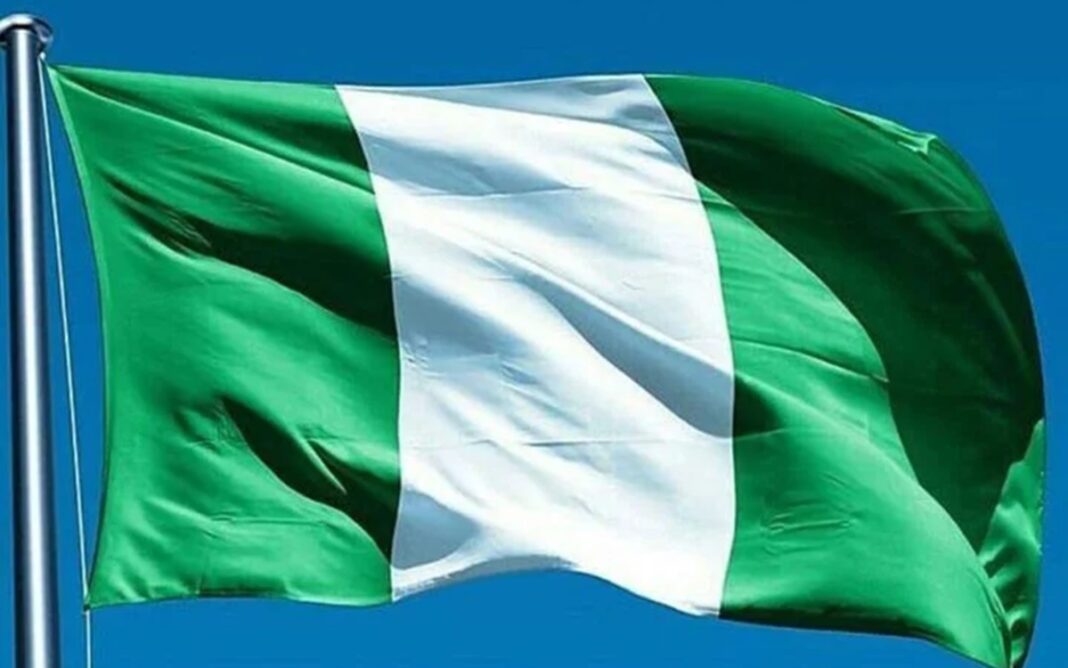During a South Africa-Nigeria Business Roundtable in Cape Town on Wednesday, South African President Cyril Ramaphosa and Nigerian President Bola Tinubu noted the growing trade and investment potential between the two countries.
The event, attended by key government ministers and business leaders, focused on deepening economic cooperation, addressing challenges, and exploring opportunities for enhanced collaboration.
Ramaphosa stressed the strong diplomatic and trade relations between the nations, particularly the role of Nigeria as a major destination for South African exports and investments in West Africa.
He acknowledged the large trade deficit South Africa faces, primarily due to its imports of Nigerian oil and gas, and stressed the need to diversify trade for mutual benefit.
The roundtable discussions also underscored the presence of South African companies in Nigeria and Nigerian businesses in South Africa, with both sides recognizing the challenges in the operating environments that limit investment expansion.
To address this, Ramaphosa pointed to the operationalization of the Joint Ministerial Advisory Council on Industry, Trade, and Investment, established during his 2021 State Visit to Nigeria.
“This Council aims to provide solutions to trade and investment challenges and foster a conducive business environment.
The leaders also explored sectors ripe for collaboration, including automotive manufacturing, critical minerals for electric battery production, and pharmaceuticals.
Ramaphosa emphasized South Africa’s Just Transition Framework, which anticipates significant investments in renewable energy and green industries, offering an avenue for partnership with Nigeria in clean energy manufacturing.
Both nations expressed their commitment to promoting industrialization, particularly through leveraging each other’s resources and expertise in mineral processing and infrastructure development.
Ramaphosa also called for enhanced cooperation in these areas, noting that Africa’s infrastructure needs, including in electricity generation, water supply, and transport, offer significant opportunities for joint ventures and investment.
The potential of the African Continental Free Trade Area (AfCFTA) to boost intra-African trade was also highlighted, with the leaders stressing the importance of leveraging the African market to drive economic growth and regional value chains.
Ramaphosa concluded by congratulating Dr. Ngozi Okonjo-Iweala on her reappointment as Director-General of the World Trade Organization, affirming that South Africa and Nigeria are committed to shaping a fairer and more inclusive global trade order.
He called on both governments, businesses, and development finance institutions to collaborate on building a prosperous Africa that meets the needs of its people, encouraging private sector participation in these shared goals.


